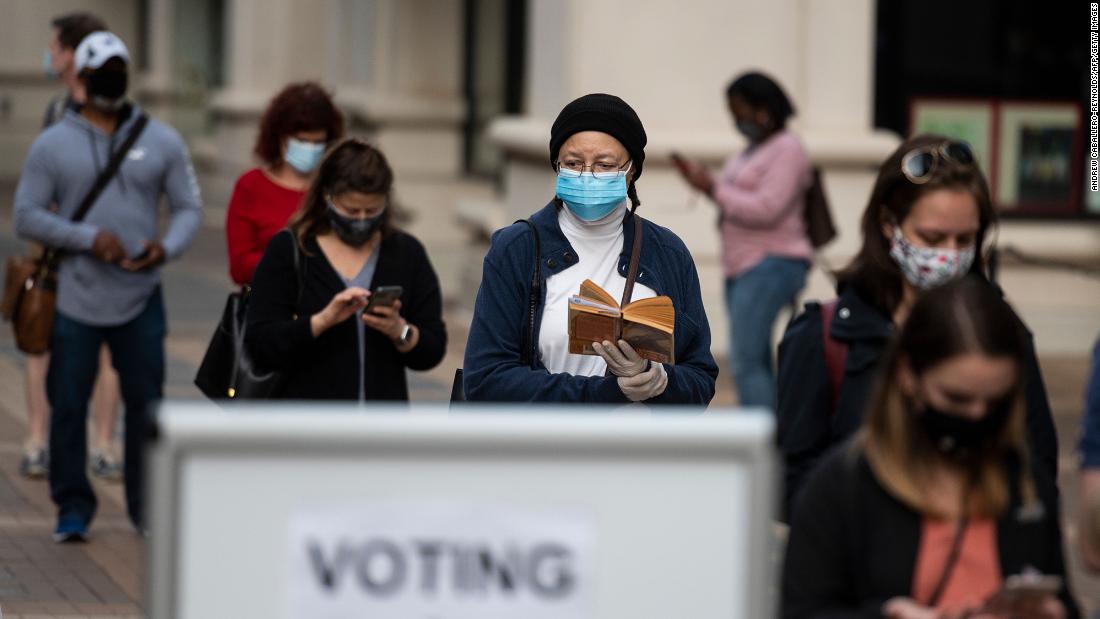Here’s what to do if you’re intimidated at the polls
But here’s the key thing to know: Under federal law, you should always be able to cast what’s known as a provisional ballot, even if your registration status is not clear.
That’s right. The federal government requires that a person whose registration is challenged be able to cast a ballot that can be counted once the voter’s eligibility is established.
That doesn’t mean voting will be easy. If you’re voting at the polls early or on Election Day, you still might have to brave long lines, pass by campaign activists or face challenges from credentialed poll watchers.
In some places, it is getting harder to vote
The stricter laws stem from a 2013 Supreme Court decision that struck down parts of the 1965 Voting Rights Act, which required the approval of the Justice Department before states made any changes to their voting laws.
With early voting already underway, it can be a tricky situation for thousands who are just looking to legally exercise their civic right as American citizens.
But no matter what unexpected issues you encounter at your polling place, there are ways to make sure your vote gets in safely. Here are some tips.
Know your state’s registration deadline
First, it’s time to confirm the basics: Your registration status and your polling location.
If you’re not registered, you should check your state’s registration deadline requirement ASAP. Some states allow for Election Day registration.
Update your information
Some states will use signature verification to confirm mail-in or provisional ballots. They’ll look at the signature on a mailed in ballot and compare it to the signature the state has on file.
The verification of these signatures on absentee ballots could turn into a contentious issue in close races.
Check to see if you need an ID, and what kind
Even if your state doesn’t require an ID to vote, it’s best to bring one if you have one. Being over-prepared is just another layer of protection against voter suppression.
And if you don’t have a driver’s license, there’s usually another valid form of ID — passport or other government-issued ID — or a utility bill.
Remember that, most likely, you are legally allowed to cast a ballot
What if you are told your registration didn’t go through, or you don’t have the required documents? Even if your registration is pending or your voter application has been wrongly purged, you are still allowed to vote.
When all else fails, insist
Speaking of being your biggest advocate, this is why doing your homework and arming yourself with legal knowledge is absolutely necessary. If you feel you are being illegally prevented from voting, you need to insist.
It could be a misunderstanding. Remember, poll workers may not be as as familiar with state and federal law and try to deny you your right to vote if your name is not in the system. Ask them to check surrounding registration systems for your name and insist on your right to sign an affidavit or cast a provisional ballot.
One more thing: you don’t have to go alone
Here’s the bottom line: If you know your rights, know the law, do your homework and stand your ground, no one will be able to take away your vote.
CNN’s Christina Maxouris contributed to this report.
![]()


